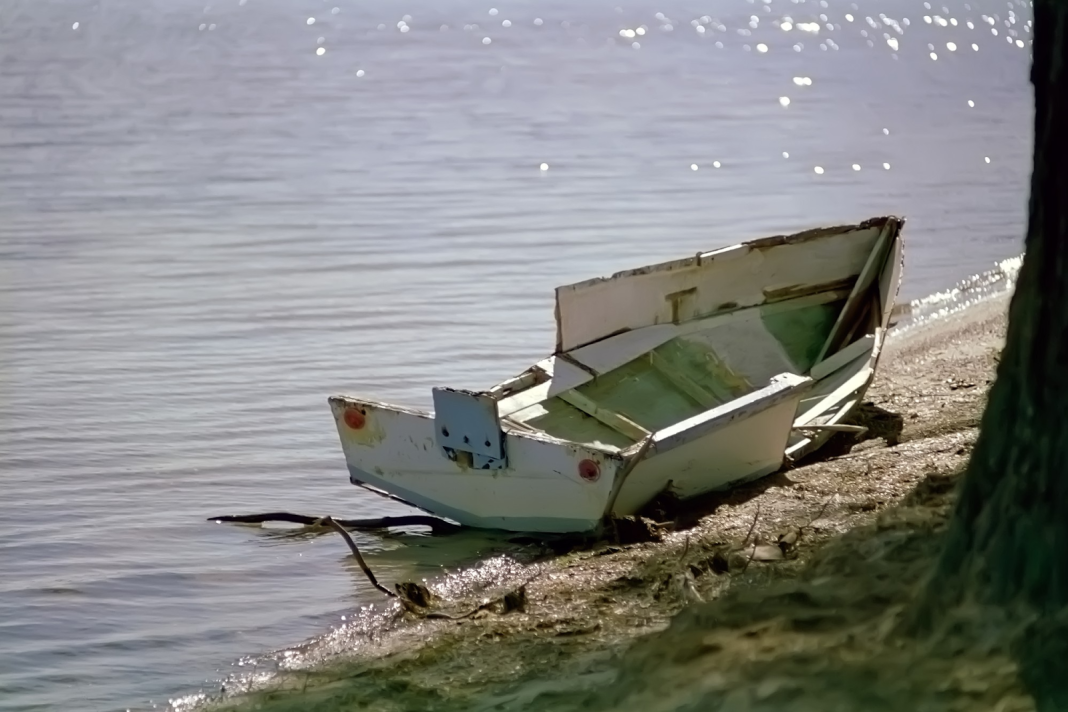Boating accidents can be devastating, leading to serious injuries, property damage, and even fatalities. Determining who is at fault is often complicated, as many factors, such as weather, operator behavior, equipment, and navigation rules, can play a role. In such cases, having the right legal support can make all the difference in proving negligence and securing compensation.
Boating accident attorneys from from Garnes Injury Law knows how to investigate the circumstances of the crash and gather strong evidence to show who was responsible. They understand maritime laws and local boating regulations that may apply to your case. With their experience, they can build a compelling argument that clearly links the negligent actions to your injuries or losses.
Understanding Negligence in Boating Accidents
Negligence occurs when a boat operator or another party fails to act with reasonable care, resulting in harm to others. Examples include speeding, operating under the influence, failing to maintain equipment, or ignoring navigation rules. To prove negligence, it must be shown that the at-fault party breached their duty of care and that the breach caused the accident and resulting damages.
Lawyers analyze the situation to identify every possible act of negligence. This includes actions not just by the boat operator but also by boat owners, rental companies, or equipment manufacturers.
Conducting a Thorough Investigation
Proving negligence starts with a detailed investigation. A lawyer gathers key evidence such as witness statements, accident reports, photos, and video footage. They may also review GPS data, maintenance logs, or weather conditions at the time of the crash.
An experienced attorney can work with accident reconstruction experts to recreate what happened. These insights can be powerful in demonstrating exactly how the negligence occurred and who was responsible.
Collecting and Preserving Evidence
Evidence is crucial in any boating accident claim. A lawyer ensures that all relevant information is preserved before it is lost or destroyed. This can include damaged vessel parts, communication logs, or maritime safety inspection reports.
They may also subpoena data from boat rental agencies, maintenance providers, or marina operators. By controlling the evidence early, lawyers can prevent the opposing side from twisting facts or denying fault.
Identifying All Liable Parties
Boating accidents can involve multiple parties. The person operating the boat might not be the only one responsible. The owner could be liable for allowing an unqualified operator to drive, or a manufacturer could be responsible for defective parts.
A lawyer investigates each angle to determine everyone who contributed to the accident. This ensures that you pursue compensation from all available sources, maximizing your recovery.
Working with Expert Witnesses
Attorneys often bring in experts such as marine engineers, accident reconstruction specialists, and medical professionals. These experts can clarify complex technical details and strengthen your case.
For example, a marine expert might explain how a lack of maintenance led to engine failure, or a medical expert might describe the long-term impact of your injuries. Such expert opinions help establish a clear and credible chain of negligence.
Negotiating with Insurance Companies
Insurance companies often attempt to downplay claims or deny liability. A lawyer handles all communication with insurers to protect your rights. They negotiate firmly to ensure that settlement offers reflect the full extent of your losses, from medical expenses and lost wages to emotional distress.
If negotiations fail, your attorney can prepare the case for trial and present it before a judge or jury. Their ability to back claims with strong evidence can pressure insurers to offer a fair settlement.
Why Legal Representation Matters
Navigating a boating accident claim alone can be overwhelming. A lawyer provides not only legal guidance but also emotional support throughout the process. They ensure that every aspect of your case, from gathering proof to proving negligence, is handled strategically.
By hiring a dedicated attorney, you improve your chances of getting fair compensation and holding the negligent party accountable.
Key Takeaways
- Negligence in boating accidents involves failure to act with reasonable care.
- A skilled boating accident attorney investigates, gathers evidence, and builds a strong case.
- Lawyers identify all liable parties, including operators, owners, and manufacturers.
- Expert witnesses strengthen the case with technical and medical insights.
- Attorneys negotiate with insurers to ensure fair compensation or take the case to court if needed.
- Legal guidance is essential to protect your rights and prove negligence effectively.

Sharon Howe is a creative person with diverse talents. She writes engaging articles for WonderWorldSpace.com, where she works as a content writer. Writing allows Sharon to inform and captivate readers. Additionally, Sharon pursues music as a hobby, which allows her to showcase her artistic abilities in another creative area.


